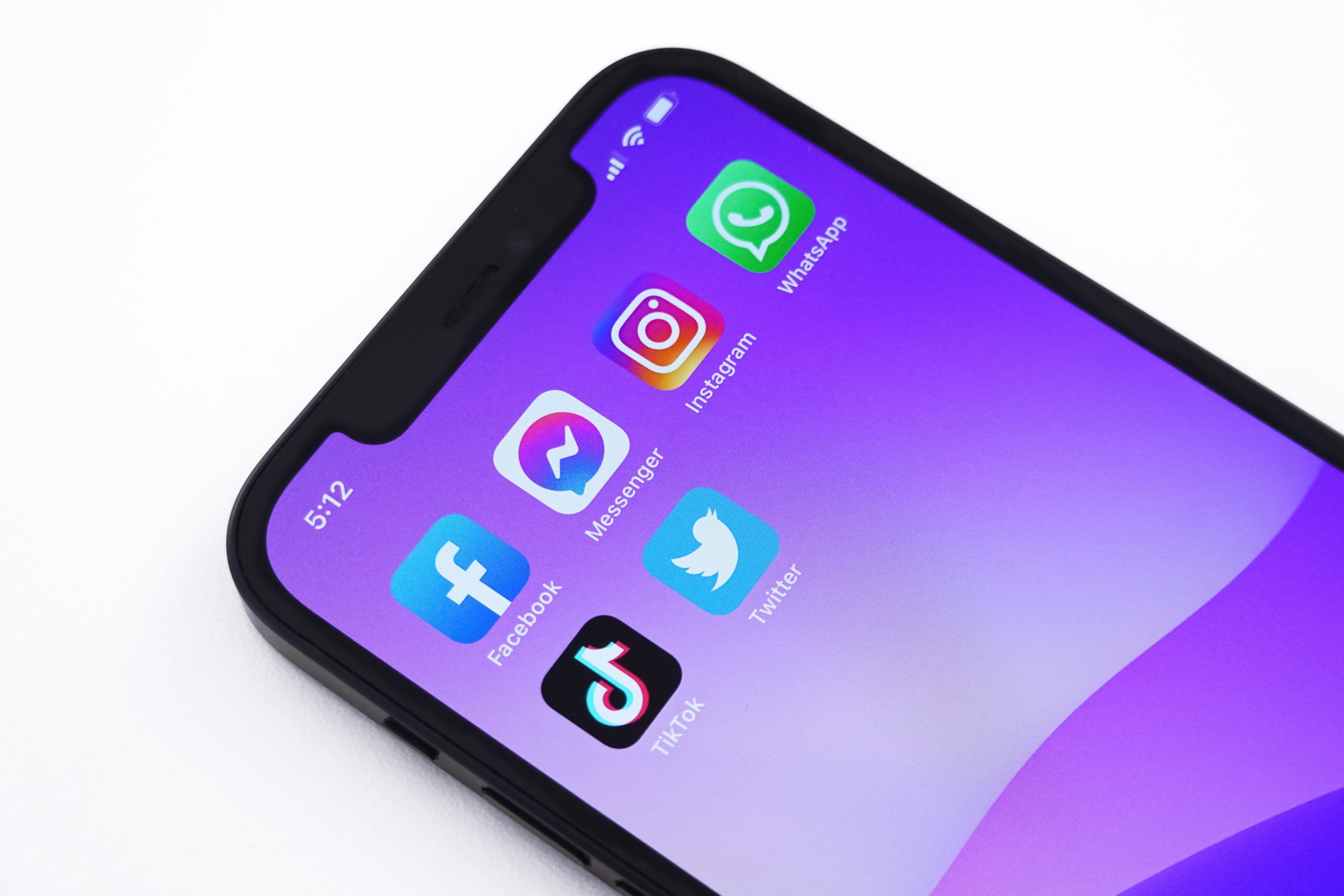In today’s digital age, it is impossible to avoid the internet. Even if you don’t have a computer and actively avoid social media, there is information about you in some corner of the web. Here are some ideas to help you manage your digital footprint:
- Actively manage your security settings. Every app, social media site and web browser have multiple layers of privacy and security settings. When you download a new app or register with a new site, don’t simply trust the default settings. Look through the options yourself to ensure you are comfortable with the level of privacy. One thing to watch for with apps on your phone is location settings. Some apps will track your location even when the app isn’t running.
- Protect your online image. Career search firms now have strategies built entirely around recruiting through social media. In addition to recruiting, human resource departments will vet prospective employees by reviewing social media profiles. Pay attention to what others post about you, as well. If you are uncomfortable with what they are sharing, have a conversation with them and ask that it be taken down.
- Set boundaries for yourself. According to the Pew Research Center, 74 percent of Facebook users visit the site on a daily basis. And 51 percent say they visit multiple times per day. Try to find the balance that allows you to enjoy connecting with others online, but doesn’t negatively impact other parts of your life. In addition to time spent, draw a bright line between what you consider shareable versus personal information. If you have these boundaries in mind when on social media, it will help you think critically before continuing to scroll or posting something.
- Know your friends. Be aware of who you are connected to on social media sites. Be cautious of accepting connection requests from people you don’t know, as some of these requests could be a phishing attempt to swipe confidential information.
The best defense of your private information is you. Having a plan and actively managing your online profiles is the best way to minimize the chance of your personal data falling into the wrong hands.






























